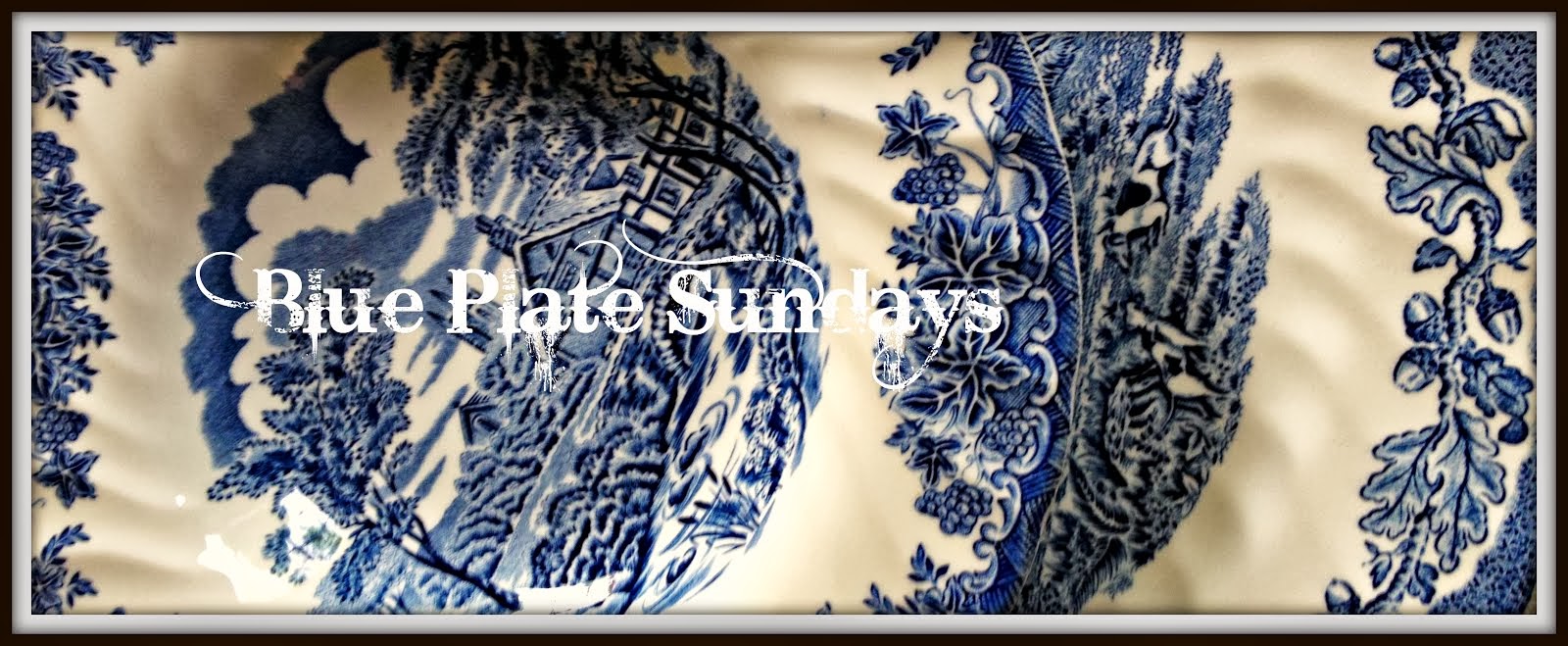My parents first took me to Las Vegas when I was 14. We were an interesting trio set loose on Sin City, the land of champagne fountains, pasties, and the Rat Pack. My mother was in the habit of wearing a wig then, a strawberry blonde 60's bouffant.(After that initial trip, we stopped at the Grand Canyon [an educational sidebar to cleanse my Vegasized brain?]. Posing under the tree for a photo, Fritzie caught the puff of hair on a branch, lifting it just enough so that everyone on the tour bus could have snapped a shot of her stockinged head.) My dad, 18 years older than my mom, grey-haired and spectacled, wore a black-and-white checkered sports coat and favored whiskey, neat. Their youngest child, fourteen years old, I spent hours in front of the mirror lining my eyes in black and checking out how my legs looked in those white hot pants (yes, the pants were HOT, but this phrase now becomes a test of how old you are...if you know what hot pants are, then you are riding the soul train, honey!)
I learned a lot on that first visit:
1. Even a 14-year-old can get into the Playboy Club if a proper tip is given to the maitre 'd. According to my dad, you can fold a fiver so that it appears to be a twenty.
2. It's possible to sneak past security to Dean Martin's room in the Riviera Hotel, where you can steal a glass from his room-service tray. (When your mother dies, forty years later, you'll find that glass in her china closet.) It is also possible to give money to a bellman in exchange for information about where Dean Martin parks his car. You can wait there, with your mother--because of your mother, to take pictures of a startled Martin and his golf partner.
3. Mascara melts when the thermostat rises above 103.
4. My mother shouldn't drink more than two Singapore Slings.
5. Women still throw panties at the fat Elvis, and apparently no one has told this Elvis to lose the white stretchy jumpsuits.
6. When you are 14, a pretty nice world exists in a paperback copy of The Godfather, an ice-cold Tab, the cool well of a pool, and a brown and white polka dot bikini. (Did my parents KNOW what I was reading?)
A couple of nights into our trip, after hearing Rodney Dangerfield "get no respect," we discovered the Riviera Coffee Shop, Open 24 Hours. Imagine this at 2 a.m.: a threesome of small burgers served with crispy shoestring fries (before sliders were "invented"!), a towering turkey club layered with classic blt ingredients, a quivering slice of lemon meringue pie served with steaming Joe in mugs stamped with gold curlicue Rs. Dinner food at the shows wasn't memorable, although the list of offerings printed on creamy paper and orders taken by tuxedoed waiters who called me "Miss," left with me a lust for white-tableclothed "fancy" restaurants.
Probably because I was 14 and could wear hot pants, I ordered dessert every night. One night, I discovered Peach Melba: a short dish of vanilla ice cream, the slightest coating of bean-speckled white rising up the glass, cradled by a promiscuous peach half seemingly floating in a puddle of sugared raspberry puree. I was a goner.
The way the story goes is that in 1892 Auguste Escoffier, the legendary French chef at the London Savoy, whipped up Peach Melba in honor of La Nellie Melba, a celebrated Australian opera singer. Escoffier, ever the lover of women, created this dish for her (according to his biographers, he honored many women in this way--much to the consternation of his wife), thinking Peche Melba to be as lovely as Nellie's voice. Escoffier served the dish to Nellie in a swan carved from ice, but I can testify that it is just as enchanting without the swan. If I ever have to order a last meal, I know what dessert will be.
A few years back, Gary and I found ourselves in Paris, blinking in surprise at our good fortune. We fell down the proverbial rabbit hole (or should I say lapin?) one night while drinking martinis in a little Southside bar. Celebrating a turn of good luck, after a year or so lost in the desert, we let the cold gin numb our tongues and create frosty rivers down the backs of our throats. We were stunned to find ourselves suddenly nearly alone in the bar, crowds gathering on the street. Joining them, we followed their gazes upward to a double rainbow, shimmering in watery lines.
"I have to go to France," Gary said, taking my hand. "You're coming with me."
With the pressure of his hand on mine, all of my excuses lost themselves.
It's true that there are no fat women in Paris. Books have even been written on the subject, making claims that lithe limbs are the result of small plates, but I've seen these women at the cafes, their heart-shaped posteriors planted in wicker chairs facing the promenade, ice cream and slices of chocolate spooned into their pretty mouths. Here's a news flash...French women eat dessert. Every day.
Or visit her blog Lunch in Paris for updates about her continuing love story with her French husband, young son, and all things French.
Recently, Bard and Gwendel opened Scaramouche Artisan Glacier (English subtitle: Adventures in Ice Cream) where they craft sinful confections together in Provence. Here they seem to have conjured Escoffier and Nellie.
Want a bite?








